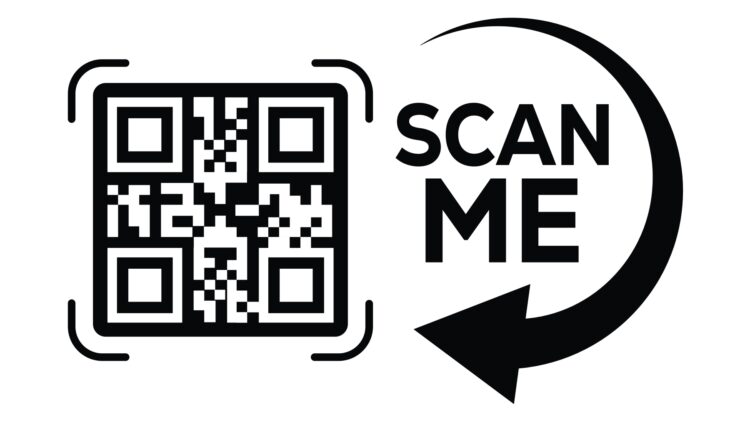Public chargers for electric vehicles are a necessary service for many owners who either cannot charge their car at home or need to do so on the go. There is an enormous amount of trust involved in plugging your car into one of these chargers, as you cannot control what happens to your car once it is plugged in, or how much you will end up paying for the privilege, but now there is an additional scam that is being perpetrated surrounding these chargers and hundreds of drivers have already fallen for it.
Since QR codes became popular as they are easily scannable and contain a lot of information in quite the condensed format, there have been scams linked to them. IT professionals and cybersecurity experts have warned us time and time again not to scan any unknown codes from nebulous sources, but sometimes it can be hard to distinguish the real codes from the fake ones. In this case, the codes that are stuck on electric vehicle chargers.
The electric vehicle charger QR scam, one more on the long list of problems
The stickers are simple but effective, and they usually make promises that are too good to be true, but in this economy and with the price of electricity, when every cent matters, it can be hard to not be tempted by offers such as “the first charge is free” or “30% discount if you fill out the form”. The problem is that this stickers are not affiliated in any way with the charging stations and cannot fulfill any of the promises that they have printed, in fact, it will cost you more money as you will still need to pay for the charge plus pay the price for the scam.
These scams are popular enough that the authorities have gotten involved in trying to stop them in a proactive fashion. The Business Association for the Development and Promotion of Electric Mobility (AEDIVE), has warned customers not to fall for these scams and to avoid scanning any codes that may be present on the charging machines, but there will still be those who think they know better and that the risk is worth the reward. In this case, it is not.
As AEDIVE has explained, this problem goes beyond some scammer trying to make you pay a bit more for your charge using your data, this could end up with a hacker stealing your credit card information and your identity. And since they have no official affiliation with the charging station and the customer gave their information freely, there is little than anyone can do to remedy the situation once the scam has been perpetrated.
To avoid falling for these scams, AEDIVE urges drivers to rely solely on the instructions shown directly on the station’s display. The organization also confirmed that multiple charging companies have identified this scheme and are already pursuing legal action to hold the perpetrators accountable and put an end to the fraud, but until all those that have perpetrated the scam get caught, drivers are still in danger of falling for the ruse.
Some measures that you can implement to ensure that you are not falling prey to this scam is, well, to not scan the code if you do not know the origin, but once it is done, try to apply other general internet security protocols, like avoid accessing any website whose address seems suspicious and first ensure that it has a minimum level of security, such as the HTTPS standard at the beginning of the address. With technology being more and more present every day, we need to be vigilant to avoid these types of scams.

